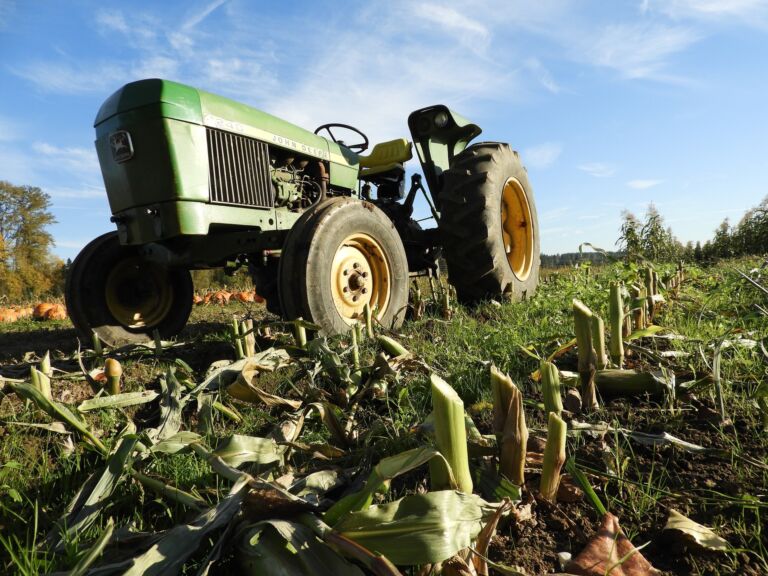Locke report identifies three reforms to bolster quick action at a lower cost
North Carolina is well-positioned to close the gap in access to high-speed broadband in our state’s rural areas thanks to smart choices by state leaders. Still, securing these connections quickly and at a lower cost requires three key steps tied to broadband infrastructure, according to a new John Locke Foundation report authored by Jon Sanders, research editor and senior fellow in regulatory studies.
In his report, Expanding Rural Broadband Access in North Carolina, Sanders identifies existing impediments with utility pole attachments — the technology at the center of distributing high-speed broadband and a significant expense for companies doing the work. Failing to address on-the-ground realities with installation will slow work and add to costs.
Sanders’ research concludes that these barriers can be overcome with (1) cost sharing, (2) quick decisions, and (3) a consistent formula for work on utility poles. Smoothing the process will ensure that companies doing the work can effectively compete for in-demand technicians and materials as states rush to meet federal deadlines for using broadband grant funds. Nine companies have won Federal Communication Commission (FCC) grants to expand broadband access to over 155,000 unserved and rural locations in nearly every North Carolina county. The grants total more than $166 million for 10 years.
Sanders’ first recommended reform is cost sharing, which comes into play when a pole attachment necessitates purchasing and installing a replacement pole. He recommends pole owners share in the cost by having the new attaching entity responsible for the remaining net book value of the pole being replaced, not the full cost of purchasing and installing the new pole. “It’s a reasonable approach that encourages expansion in unserved areas and avoids giving a financial windfall to the utility pole owner at great expense to the company doing the installation,” Sanders said.
Second is the need for quick decisionswhen disputes arise over pole attachments. Sanders urges the General Assembly to amend state law that governs the North Carolina Utilities Commission’s (NCUC) dispute resolution procedure. Current law requires NCUC to resolve disputes “consistent with the public interest.” By making the law specific that rapid expansion of broadband service is in the public interest, disputes will be resolved faster. “Placing a time window, such as 90 days, to adjudicate disputes over pole attachments would better reflect the urgency for quickly eliminating these service gaps,” Sanders said.
Third is the need to create a uniform and predictable cost environment for pole attachments and expansion projects. That can be achieved by applying a consistent formula. Sanders writes that all utility pole owners —whether investor-owned utilities, electric membership corporations, or municipal or university-owned distribution systems — should use the FCC cable rate formula for pole attachments whether they are regulated by Section 224 of the Communications Act or not. Currently, only the three investor-owned utilities are covered by Section 224. “Having uniform and predictable costs rather than confusion and disparity would help speed broadband expansion,” explains Sanders.
“Taken together, these three proposals would lower costs to broadband providers, which would allow state, federal, and private investment efforts to expand rural broadband faster and more efficiently,” Sanders said. “And that should be our shared goal: connecting North Carolinians to the broadband necessary to access opportunity and navigate today’s world and economy.”
Sanders will discuss his paper at Locke’s virtual Shaftesbury Society forum on Monday, March 29 at Noon. The event will be livestreamed on Locke’s Facebook page and at johnlocke.org.


